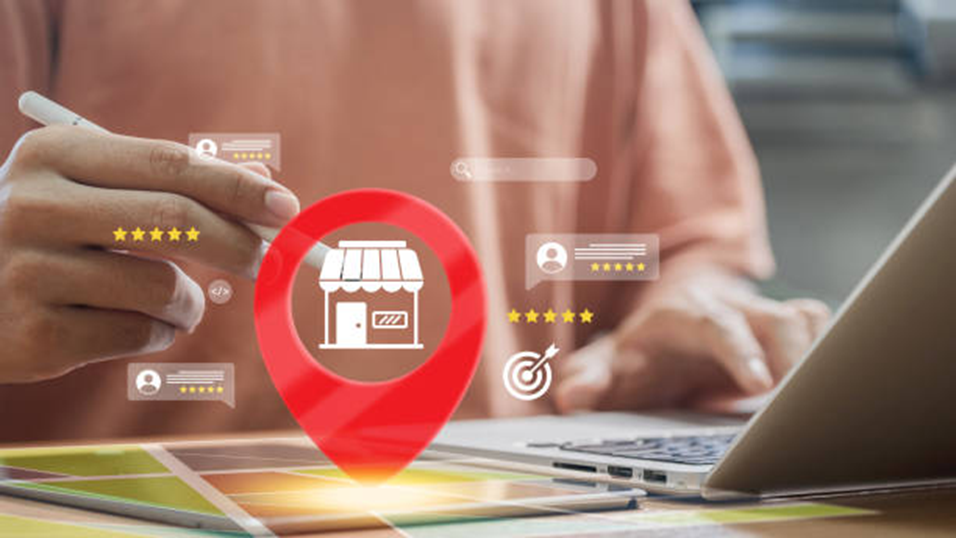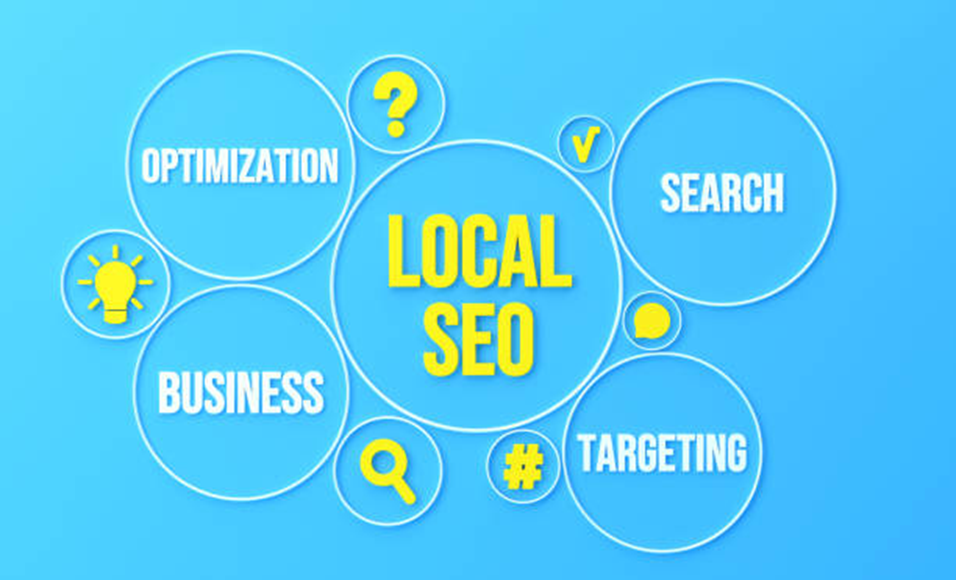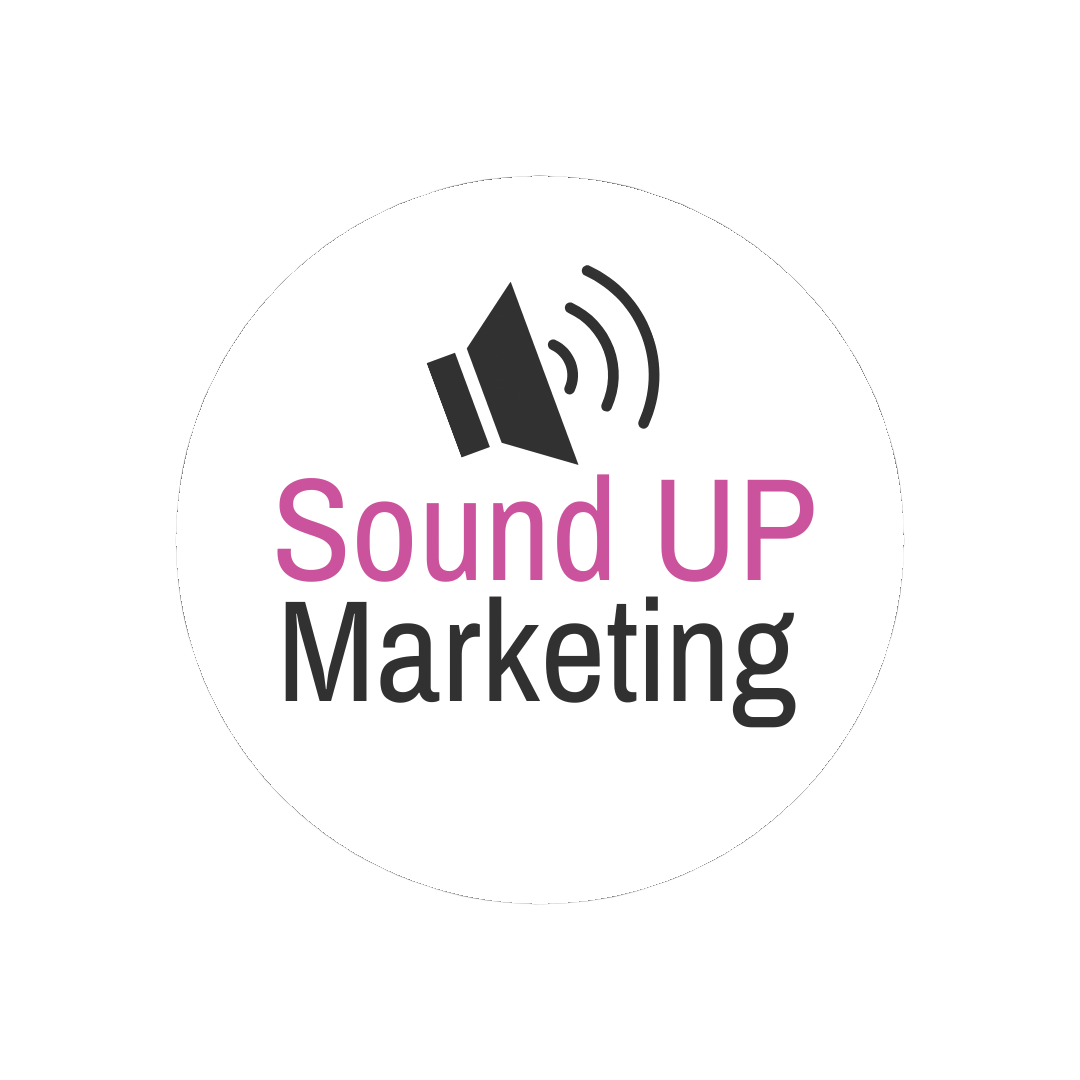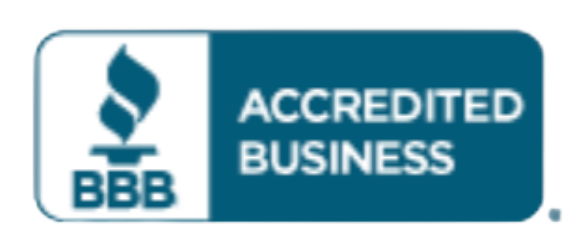What Are Backlinks? A Beginner’s Guide for Small Business SEO Success
This is a subtitle for your new post
If you’ve ever explored the world of SEO, you’ve probably come across the term “backlink.” For small business owners trying to improve their online presence, backlinks can seem like a mysterious but essential part of the equation. But what exactly are they? Why do they matter? And how do they impact your website’s success on search engines?
This comprehensive guide breaks down the fundamentals of backlinks, why they’re important, and how small businesses can start leveraging them effectively—without getting overwhelmed.
Understanding Backlinks: The Basics
A backlink is simply a link from one website to another. When another site includes a clickable link that points to your website, you’ve earned a backlink. It’s like getting a digital “vote of confidence” from one site to yours.
Backlinks play a critical role in how search engines, like Google, evaluate the quality and relevance of your website. Think of them as recommendations; the more reputable the source, the more value it brings. If a trusted site links to your business, search engines assume your content is credible too.
Why Backlinks Matter for SEO
Search engines use complex algorithms to determine which pages show up at the top of results. One of the most powerful ranking signals in these algorithms is the presence and quality of backlinks. Essentially, the more high-quality backlinks your site has, the higher it can rank.
Backlinks help search engines:
- Discover your website more quickly
- Understand what your content is about
- Gauge how authoritative your site is
For small businesses working with teams like Sound UP Marketing, incorporating a thoughtful backlink strategy into your SEO campaign can make a big difference in visibility and organic traffic.
Types of Backlinks: Do They All Matter Equally?
Not all backlinks are created equal. Some are more valuable than others, and understanding the differences can help you focus your efforts more strategically.
- Dofollow Backlinks: These are the gold standard in SEO. A dofollow backlink passes “link juice,” or authority, to your website. Most organic backlinks are dofollow unless otherwise specified.
- Nofollow Backlinks: These links include a tag that tells search engines not to follow the link or pass authority. While they don’t help with rankings directly, they can still bring traffic and build awareness.
- Editorial Backlinks: These come naturally when another site references your content because it’s valuable. They’re among the most powerful types of backlinks you can earn.
- Guest Post Backlinks: Created when you contribute an article to another website, usually including a link back to your own.
By understanding the different types, small businesses can align their backlink strategy with the services offered by Sound UP Marketing’s Long Island SEO Services, which support sustainable, high-quality growth.
The Power of High-Quality Backlinks
One strong backlink from an authoritative site is often worth more than dozens of low-quality ones. Search engines evaluate not just the existence of a link but also the credibility of the linking domain.
Some characteristics of high-quality backlinks include:
- Relevance to your niche or industry
- Placement in editorial content (not comments or footers)
- Links from authoritative or trusted websites
- Natural placement within the content
Rather than chasing hundreds of links, it’s smarter to focus on quality and context—exactly the kind of strategy that a data-driven agency like Sound UP Marketing can help build.
How Do Small Businesses Earn Backlinks?
Getting backlinks might sound challenging, but there are several accessible ways for small businesses to get started:
- Create Valuable Content: The foundation of earning backlinks is having something worth linking to. Whether it’s a blog post, infographic, or guide, valuable content attracts natural links.
- Leverage Local Partnerships: Reach out to local organizations, chambers of commerce, or suppliers and ask if they can link to your website.
- Guest Blogging: Offer to write informative posts for industry-relevant sites. Include a backlink in your author bio or within the article where appropriate.
- Claim Unlinked Mentions: Use tools to find places your business is mentioned online without a link. Reach out and ask for a proper backlink.
- Get Listed in Directories: High-quality directories can provide useful backlinks and improve your online visibility.
Sound UP Marketing often advises clients to take a balanced, long-term approach to link building—one that focuses on relationships, not shortcuts.

Common Backlink Pitfalls to Avoid
While backlinks are vital, not all strategies are safe or effective. Some tactics can do more harm than good. Here are some common mistakes to avoid:
- Buying Backlinks: This is against Google’s guidelines. Paid links from shady networks can lead to penalties and hurt your rankings.
- Link Exchanges: “You link to me, I’ll link to you” sounds fair but is seen as manipulative if overused.
- Spammy Blog Comments: Dropping links in comment sections used to work but is now ignored or penalized.
- Low-Quality Directories: Submitting your site to every possible directory might do more harm than good.
The SEO experts at Sound UP Marketing emphasize that modern backlink strategies must prioritize trust, relevance, and authenticity.
Backlinks vs. Internal Links
It’s also important to distinguish between backlinks (external links pointing to your site) and internal links (links within your own website that connect your pages). While both are useful for SEO, they serve different purposes.
- Internal links help search engines crawl your site more effectively and keep users engaged.
- Backlinks, by contrast, act as external votes of trust and authority.
Small businesses should use both strategies in tandem to maximize search visibility. Agencies like Sound UP Marketing can help map out a well-structured linking approach tailored to your brand.
Measuring the Impact of Backlinks
To ensure your backlink efforts are paying off, it’s important to track their performance. Some common metrics include:
- Domain Authority (DA): Predicts how well your site will rank.
- Referring Domains: The number of unique websites linking to your site.
- Anchor Text Distribution: The clickable text used in backlinks.
- Traffic from Backlinks: Monitor how many users are visiting from external links.
Monitoring these factors can help refine your strategy over time. If needed, the team at Sound UP Marketing can help interpret backlink data and recommend improvements.
Are Backlinks Still Relevant in 2025?
Yes—very much so. While search engines evolve, backlinks remain a critical part of how authority and trust are evaluated. Google has confirmed time and again that backlinks are among the top ranking factors.
However, what’s changed is the quality expectation. Today’s SEO environment rewards ethical, organic link-building. As a result, small businesses need a thoughtful approach—one that prioritizes brand visibility, thought leadership, and local relevance.
Working with a local-focused SEO team like Sound UP Marketing ensures that you’re not just collecting links, but building authority in the right places.
Building a Long-Term Backlink Strategy
Effective link-building is not a one-time task—it’s an ongoing process. A long-term strategy might include:
- Regular blog publishing to attract natural links
- Strategic outreach to industry publications
- Local PR campaigns and event sponsorships
- Collaborations with influencers or content creators
Above all, it should be rooted in your business goals. Whether your focus is building authority in Long Island or expanding nationally, Sound UP Marketing can provide custom strategies that align with your objectives.
Final Thoughts: The Role of Backlinks in Small Business SEO
Backlinks may seem like a technical SEO detail, but they’re far more than that. For small businesses, they’re a key part of your digital reputation. They reflect how trustworthy, authoritative, and relevant your website is in the eyes of others—and in the eyes of search engines.
Getting started with backlinks doesn’t require fancy tools or massive budgets. It starts with understanding the value of your own content, building relationships, and consistently investing in quality over quantity. If you're seeking long-term SEO success, consider exploring how Sound UP Marketing can support your growth journey with ethical, smart SEO strategies.
Frequently Asked Questions (FAQs)
What is a backlink in SEO?
A backlink is a link from another website that points to your own. It’s considered a vote of confidence by search engines, which use backlinks to help determine a site’s credibility and ranking.
Why are backlinks important for small businesses?
Backlinks help small businesses increase online visibility, attract more organic traffic, and build trust with search engines. Quality backlinks from reputable sources can significantly improve your search engine rankings.
How can I get more backlinks to my website?
You can earn backlinks by creating valuable content, contributing guest posts, forming partnerships with local businesses, and submitting your site to relevant directories. Avoid shortcuts like buying links, which can lead to penalties.
What makes a backlink high-quality?
High-quality backlinks come from authoritative, relevant, and trusted websites. They are typically placed within meaningful content and use natural anchor text. The more relevant and organic the link, the better it is for SEO.
Can too many backlinks hurt my site?
Yes, if they’re from low-quality or spammy websites. Google can penalize websites for unnatural link-building practices. Focus on building backlinks gradually from trustworthy sources to avoid problems.
Do I need professional help to build backlinks?
While some small businesses can manage basic backlink strategies themselves, professional SEO services like those offered by Sound UP Marketing can help scale efforts, track results, and ensure that all practices align with current best standards.
Ready to turn the
#SoundUP?
Let's connect! We’re here to help.
Send us a message and we’ll be in touch.
Or give us a call today at 631-919-7441
Agency Contact Form
More Marketing Tips, Tricks & Tools












